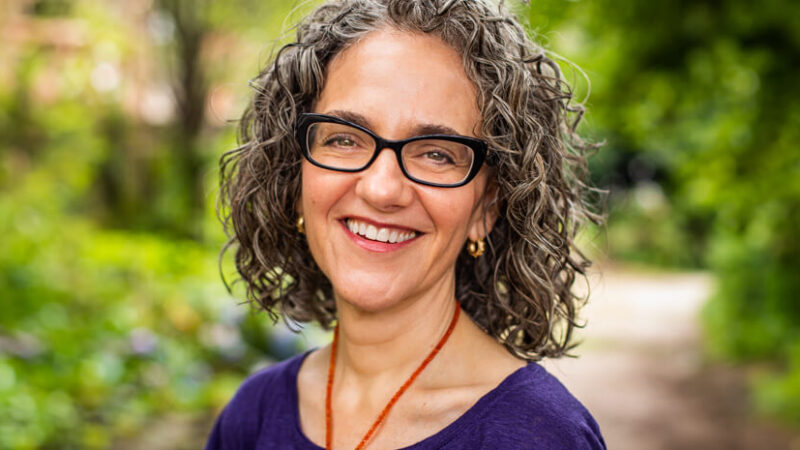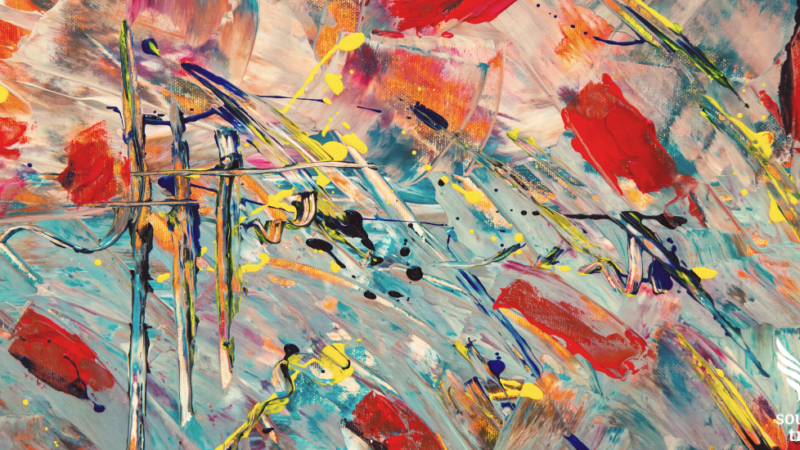A friend who regularly reads my personal blog asked if I would comment on what I saw as the difference between what she described to me as ‘loneliness’ and a related experience she referred to as ‘aloneness.’ Here is an excerpt of what emerged from our conversation…
At times, a very familiar sense of ‘loneliness’ can begin to color your world. You may wonder if it will ever go away, when it will yield to your deep longing for connection, and why all the work on yourself has not yet transformed the despair. The feeling of loneliness is a reminder of separation, and has a way of cutting into the aliveness of immediate experience.
The reality of ‘aloneness’, on the other hand, is translucent, in a way, and vibrantly alive. Despite your connection with others, you are asked to make the journey of the heart alone. No one can experience life for you, love and be loved for you, embrace and feel your tender heart for you, or die for you; likewise, you for them.
The traveler of aloneness is at home in this type of environment—and remains committed to it—knowing that organizing her reality around love will almost always trigger the experience of tender vulnerability and penetrating, transformative sadness. Living in the burning alive field of aloneness is so open, so unknown, and so unbearably touching; it is always uncertain and forever without ground or reference point. It reveals the truth that we can never fully look to the known to tell us who we are or anything certain about the nature of love. For love is of the unknown, infinitely creative, and emerging as a firestorm of grace in the radiant here and now.
Within the mandala of purifying aloneness, we know that at any moment our hearts may break, that we may fall in love in the most surprising way, that old dreams are sure to crumble, that what we thought we ‘knew’ *will* dissolve in front of our eyes, and that we *will* inevitably be asked to meet deep waves of feeling and sensation. As we commit to the very embodied path of the heart, only one thing is certain, really: that *everything* that has yet to be metabolized in our somatic environment will come on display, especially in intimate relationship, as it is seeking wholeness and integration.
There is a part of us that knows that as we open in this way, we will no longer be able to avoid the terror of intimacy, the surety of complete exposure, and the reality of crushing aliveness. We may realize that, without our conscious knowing, we have taken some forgotten vow to turn all the way into the preciousness of this life, willing to enter directly into such achy tenderness, into suffering, into penetrating melancholy, into the darkness, and into naked vulnerability—guided only by the unknown and by a love from beyond. It is not easy to live in such an open and unguarded way, but here we are: We have come here to give our hearts to others and to this world.
Though related, the experience of ‘loneliness’ is usually borne out of a resistance to our present experience—a subtle (or not so subtle) abandonment of feelings of grief, sadness, hurt, vulnerability, and shame. In our early environment, certain feelings were simply unsafe to touch, hold, and express—there was no true home made available for them. Because we are wired to do whatever we must to maintain the critical tie to our caregiving surround, we very intelligently and creatively chose to disembody and split off from these wild movements of fierce grace within. This was a very healthy, short-term strategy for a little boy or girl, yet here we are, several decades later, and burning to know the aliveness and mysteries of lover and beloved in this world.
When we are unable/ unwilling to meet these primordial companions—and are not able to stay with, hold, and metabolize them within our own somatic immediacy—we feel cut off from life, lonely, and disconnected. We yearn and long, at the deepest levels, to meet whatever guests appear in this sacred body, for we intuit that each is a special doorway Home. And we become lonely when we are not able to do so. It is the melting of these wounds and tangles that becomes the essence of the path of re-embodiment and opening the heart. The only way out is through; and the only way through is by love.
It is so bittersweet, really. Being an open-hearted human, who is always and eternally both broken and whole, can feel so fragile. Our old friends sadness, grief, jealousy, hopelessness, and raw vulnerability are so often sent away, out the back door of our hearts, and into a lonely forest. This is sad. Please, don’t go, friends! Stay close! Let us keep the door open to these ones, moment-by-moment crafting a warm home and safe refuge for the entirety of what we are. For in doing so, the path from loneliness to aloneness will become illumined, and we will provide safe passage for love in this world.












